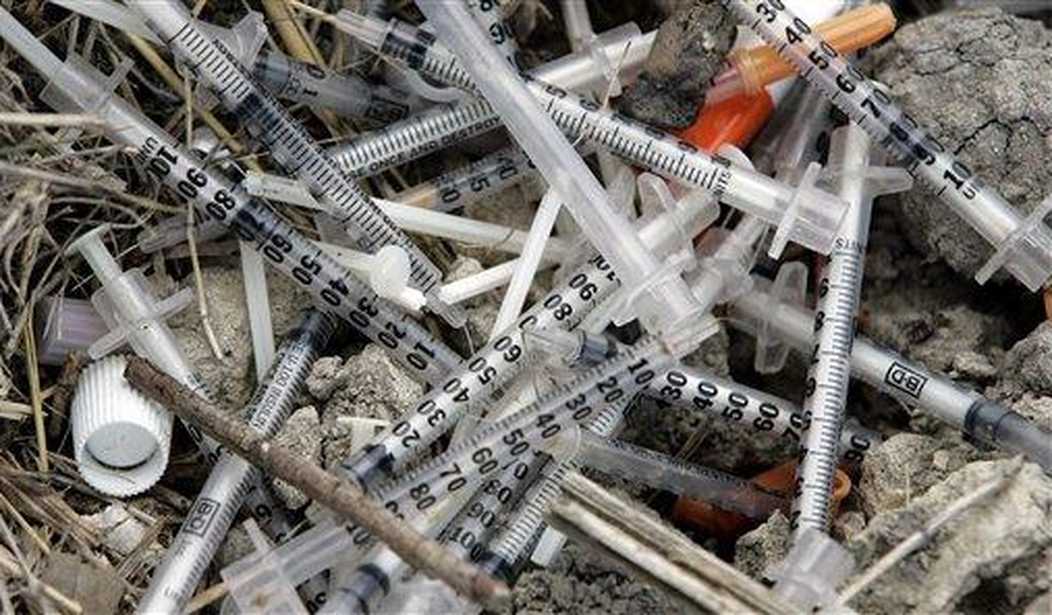The Bluegrass State is the latest winner in Joe Biden’s “Make America Portland” sweepstakes. Citing the drug problem in Appalachian Kentucky, the National Institutes of Health has floated a plan to install vending machines that dispense drug paraphernalia for PWID. That, my friends, is the latest in newspeak and stands for People Who Inject Drugs. Also known as drug users. From the NIH:
Evidence suggests that PWID in the region want a range of harm reduction service models, and among those who report stigma as a reason for not using the staffed SSPs, (syringe service programs) the most desired model is a vending machine, or ‘kiosk’. Harm reduction kiosks have been operating globally for more than 30 years and research has demonstrated that they can expand syringe access. Yet very few kiosks operate in the U.S., and none operate in rural areas where they might be especially beneficial. Research suggests that kiosks might be a cost-effective way to expand syringe access when coupled with staffed SSPs but their implementation, impact, and cost-effectiveness have not been rigorously evaluated. In response, we propose a type 1 hybrid effectiveness trial to test the effectiveness, implementation outcomes, and cost effectiveness of a community-tailored, harm reduction kiosk in reducing HIV, hepatitis C, and overdose risk behavior in rural Appalachia. Our kiosk, or KyOSK (KY Outreach Service Kiosk), will be supplied with injection equipment, naloxone, fentanyl test strips, hygiene kits, condoms, and other supplies as well as an innovative call-back feature for facilitated referral to needed services by trained recovery coaches.
To its credit, the NIH told the Free Beacon that the machines would also offer “food kits, water, socks and gloves, feminine hygiene products, wound care, and resources/guides.”
Appalachia has long struggled with a drug abuse problem. A serious one. I had a family member in West Virginia who was trying to devise ways to pull people out of the life sentence that can result from narcotics. He wanted to create spaces for people to get sober, get counseling, reconnect with their Creator and learn a trade, and try to rebuild their lives. The plans did not include needle vending machines. Unfortunately, that family member died before his dream could become a reality.
It is true that past a certain point, the only option for some people may in fact be to manage their addiction. Recovery is a long, hard, and exhausting road, and some people do arrive at a place where they cannot be rescued. I have known such people, and their stories are tragedies, not only for themselves but for their families and friends. But not everyone is beyond help, and enabling addiction will not provide long-term solutions. And if someone is that addicted; their money is probably going to drugs, not to the vending machine. They won’t be looking for a clean needle, they will be looking for any needle. If we are handing out free syringes, how about providing them to diabetics?
Rather, this solution creates yet another instance in which the federal government with its piles of Monopoly money will solve the problem by not solving the problem. It will add to the bureaucracy and justify more money for another arm of the government. And it will enable, rather than cure, addiction and help to ensure that it has a steady stream of customers for years to come.










Join the conversation as a VIP Member